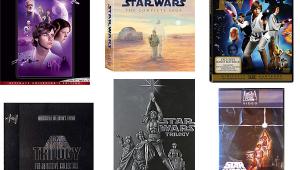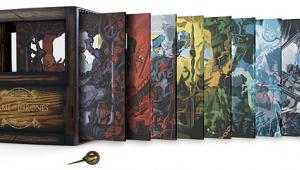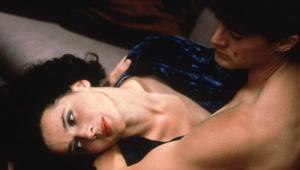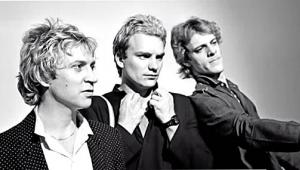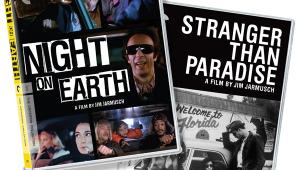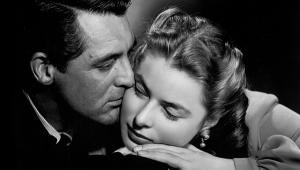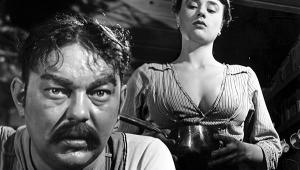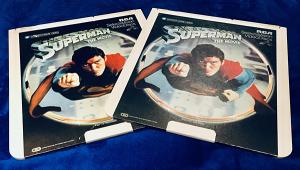Heat
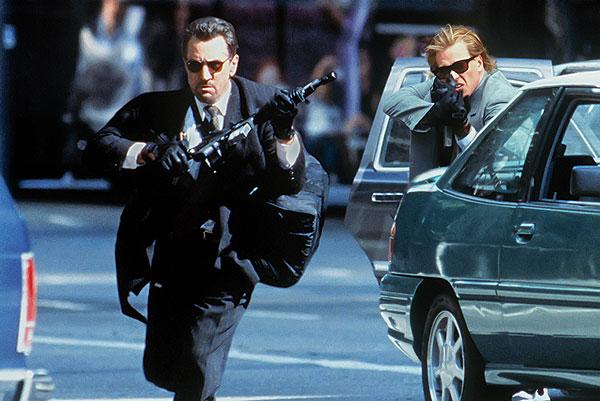
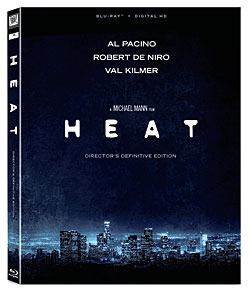 Visually, Heat is divided into two. The narrow-focused first half has sun-filled days and warm, intimate evening interiors. Nighttime scenes show dark, wet streets streaked with neon reflections and blue tinting in typical Melville/Mann manner. Blacks—Al Pacino’s shirt, suit, and tie or his wife’s slinky outfits—are deepest deep. Whites of eyes are exceedingly bright. The second half is much sharper, with far greater detail so that crow’s feet and hair strands are revealed. Focus becomes wider, making in-depth compositions more interesting and beautiful. Faces and figures are extremely rounded and dimensional. Throughout, this new restoration transfer, overseen by Mann, has a very film-like quality.
Visually, Heat is divided into two. The narrow-focused first half has sun-filled days and warm, intimate evening interiors. Nighttime scenes show dark, wet streets streaked with neon reflections and blue tinting in typical Melville/Mann manner. Blacks—Al Pacino’s shirt, suit, and tie or his wife’s slinky outfits—are deepest deep. Whites of eyes are exceedingly bright. The second half is much sharper, with far greater detail so that crow’s feet and hair strands are revealed. Focus becomes wider, making in-depth compositions more interesting and beautiful. Faces and figures are extremely rounded and dimensional. Throughout, this new restoration transfer, overseen by Mann, has a very film-like quality.
The head-on, hoo-ah! soundtrack becomes very loud and bassy in high-octane sequences filled with convincing pans of trains, trucks, and cars. Automatic gunfire pounds powerfully, shotguns resonate, and even pistols sound like cannons. A wide dynamic range makes both booming armored-car explosion and tinkling windshield glass come across clearly, with no distortion. A mainly electronic score pumps tension, with drums, organ, wailing electric guitars, and assorted jaggedy noises separated into each channel. Although two quiet scenes have hiss, dialogue is always clear and vibrant, which is particularly important when Pacino goes from whisper to yelling or ad-libbed singing in a heartbeat or when the two actor alpha dogs face off, expressing their clashing creeds, each trying to out-understate the other with lowered tones, long pauses, and hard stares.
Mann’s commentary is a writer’s one, amiable and informative without much on the shoot or analysis of style. That’s covered in a revealing panel with Pacino, Robert De Niro, and Mann, intelligently moderated by Christopher Nolan. A piece on locations, fascinating in-depth featurettes on the production, and deleted scenes expand on this superior samurai film.
Blu-Ray
Studio: Fox, 1995
Aspect Ratio: 2.40:1
Audio: DTS-HD Master Audio 5.1
Length: 170 mins.
MPAA Rating: R
Director: Michael Mann
Starring: Al Pacino, Robert De Niro, Val Kilmer


